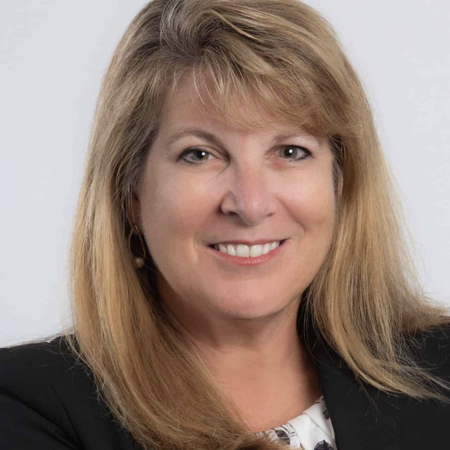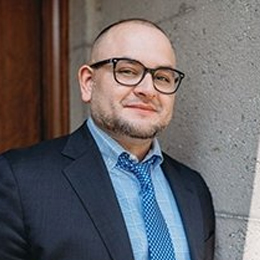IAS Programmatic Areas
Mechanisms & Treatment Development
Co-Leaders:
John Monterosso, PhD | USC Dornsife College of Letters, Arts, & Sciences
Daryl Davies, PhD | Mann School of Pharmacy
This group aims to advance understanding of the biological and psychological causes of addiction and improve its treatment. Members specialize in clinical, neural, and pharmacological levels, fostering cross-level communication to enhance their work. They also focus on promoting knowledge growth and providing educational experiences to support ongoing addiction research.
Priority Populations
& Health Equity
Co-Leaders:
Eric Pedersen, PhD| Keck School of Medicine
Jungeun Olivia Lee, PhD | Suzanne Dworak-Peck School of Social Work
This program uses a socioecological and developmental approach to study health equity and addiction among priority populations such as adolescents, diverse racial/ethnic groups, LGBTQ+ individuals, those with mental health comorbidities, lower socioeconomic status, the unhoused, and people with disabilities or chronic diseases. Through inclusive research, the group addresses the unique needs of these populations, leading to more tailored and effective interventions.
Addiction Policy &
Health Economics
Co-Leaders:
Sarah Axeen, PhD| Keck School of Medicine
Rosalie Liccardo Pacula, PhD | Price School of Public Policy
This program integrates economics, behavioral science, sociology, and system science to inform addiction policy research. It covers topics like tobacco and cannabis regulation, healthcare policy, drug legalization, marketing of addictive products, pharmaceutical regulation, and drug market economics. The group’s research significantly shapes addiction policy, ensuring evidence-based practices in legislation and public health initiatives for better prevention and treatment.
Community Engagement
& Dissemination
Co-Leaders:
Adrian Huerta, PhD | Rossier School of Education
Rachel Carmen Caesar, PhD | Keck School of Medicine
Lindsay Young, PhD | Annenberg School for Communication and Journalism
Addiction service delivery is a complex phenomenon that requires scientific rigor to support evidence-based activities along the entire spectrum of service from prevention to sustaining recovery. IAS is committed to counteracting racism and health equity through concerted community engagement efforts led by this group.
Training Consortium
Co-Leaders:
Terry David Church, DRSc, MA, MS | Mann School of Pharmacy
Jessica Barrington-Trimis, PhD | Keck School of Medicine
This group is responsible for enhancing addiction related education from the community level throughout the highest levels of higher education to enhance our community’s ability to serve and treat individuals.











